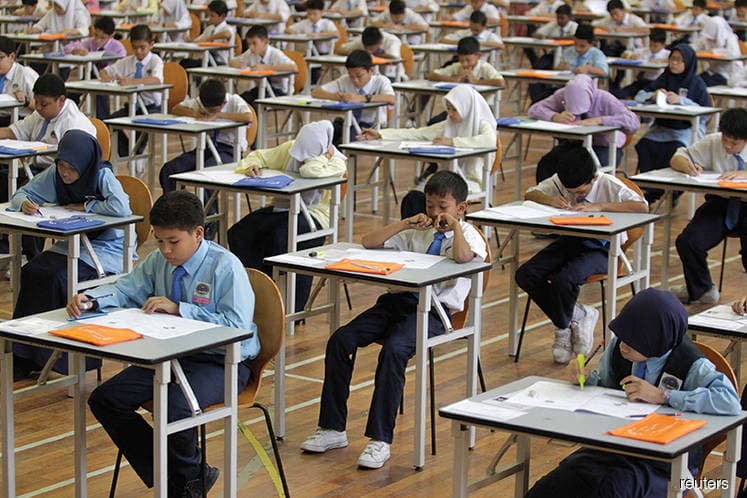
This article first appeared in The Edge Malaysia Weekly on May 6, 2019 - May 12, 2019
The challenge has always been to improve the quality and standard of education in the country. It is imperative to improve the economic livelihood and social strata of the B40 and M40 groups to ensure that they have better prospects in life. This will give them the opportunity to aspire for higher education and professional careers. Quality education is a basic need of the people.
Developing policies to improve the education system is important, but what good is a policy if it cannot be implemented effectively and efficiently?
What is needed is a total reform of the governance framework for policy design and implementation at the ministry level and governance at the school level. We are talking about fundamental changes in the governance of the system, ultimately changing the incentives for administrators, teachers, parents and students, allowing difficult choices to be implemented and reorienting outcomes towards excellence for all.
There must be proper processes in place with the right checks and balances, responsibilities and accountabilities in the implementation, coupled with mentoring, monitoring and strict enforcement. We should learn from past mistakes that policies fail to work when we neglect to deal with the roadblocks that hinder their success.
It does seem overwhelming for the new government to put this right when they are working with the resources they inherited, made up of those who feel comfortable and are perhaps resistant to change. But change is the only constant.
People need to be inspired to want to change their mindset and the culture of doing things. That is how the Trust School Programme (TSP) was one of the most successful undertakings of the Ministry of Education (MoE). The methodological and pedagogical processes of the TSP work to mentor, guide and inspire teachers to improve their teaching skills. It is not just about training teachers, but hand-holding them and giving them the support, collaboration and confidence they need to ensure that their students receive the maximum learning impact. This is an effective and efficient teaching and support system, but the drawback is the cost and scalability.
One may argue that the school system in the 1980s and earlier did not need programmes like TSP to ensure that the system was effective and efficient. It was about meritocracy. People who are deserving should be promoted because they are good at what they do, regardless of their race or religion, and the top positions cannot be about seniority or superiority. It is indeed a challenge to eliminate absenteeism and poor performance among teachers and civil servants in the MoE, but with meritocracy in place, and the strengthening of exit policies, perhaps this too can change for the better.
We wish that the government will have the political will and strength to make the change and not succumb to expediency and the political narratives of the day.
Tunku Munawirah Putra is the honorary secretary of the Parent Action Group for Education Malaysia
Save by subscribing to us for your print and/or digital copy.
P/S: The Edge is also available on Apple's AppStore and Androids' Google Play.